In the world of modern software development, speed, scalability, and reliability are paramount. This is where the powerful combination of Docker and Kubernetes comes into play, transforming the way we build, ship, and run applications. Together, they form the backbone of a modern DevOps culture, enabling teams to deliver value to users faster and more consistently than ever before.
Docker, at its core, is a platform for developing, shipping, and running applications in containers. Containers are lightweight, standalone, executable packages that include everything needed to run a piece of software: code, runtime, system tools, system libraries, and settings. This means you can build an application on your laptop and be confident that it will run exactly the same way on any other machine, from testing environments to production servers. This solves the classic 'it works on my machine' problem and streamlines the development pipeline.
While Docker provides the containerization technology, Kubernetes is the orchestrator. As applications grow and are broken down into microservices, managing hundreds or even thousands of containers becomes a monumental task. Kubernetes automates the deployment, scaling, and management of containerized applications. It handles tasks like load balancing, service discovery, self-healing (restarting failed containers), and rolling updates, allowing developers to focus on writing code rather than managing infrastructure.
The synergy between Docker and Kubernetes is what makes them so powerful. Docker provides the standardized container format, and Kubernetes manages those containers at scale. This partnership enables a host of benefits for businesses: faster deployment cycles, improved resource utilization, enhanced scalability, and greater resilience. By adopting a container-first approach with Docker and Kubernetes, organizations can create a more agile and efficient development process, reduce time-to-market, and build applications that are ready for the demands of the modern cloud-native landscape.
In conclusion, Docker and Kubernetes are not just buzzwords; they are foundational technologies for any organization serious about modernizing its software delivery pipeline. By embracing this power duo, you can unlock a new level of agility and build a more robust, scalable, and future-proof infrastructure for your applications.



